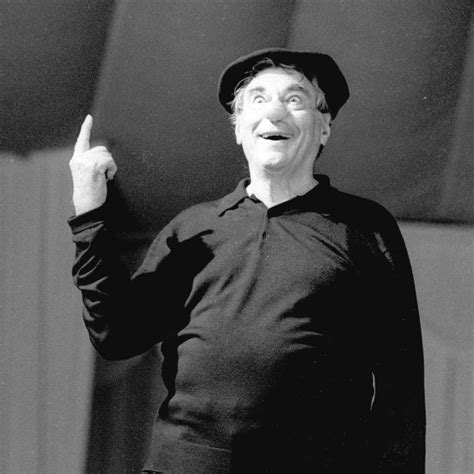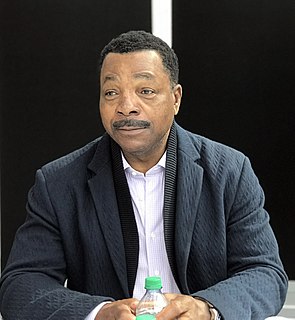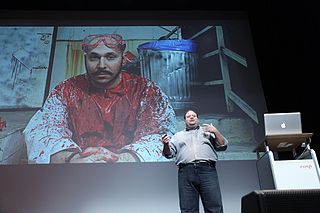A Quote by Orson Scott Card
The essence of training is to allow error without consequence.
Related Quotes
Error is a supposition that pleasure and pain, that intelligence, substance, life, are existent in matter. Error is neither Mind nor one of Mind's faculties. Error is the contradiction of Truth. Error is a belief without understanding. Error is unreal because untrue. It is that which stemma to be and is not. If error were true, its truth would be error, and we should have a self-evident absurdity -namely, erroneous truth. Thus we should continue to lose the standard of Truth.
It has been said that the essence of teaching is causing another to know. It may similarly be said that the essence of training is causing another to do. Teaching gives knowledge. Training gives skill. Teaching fills the mind. Training shapes the habits. Teaching brings to the child that which he did not have before. Training enables a child to make use of that which is already his possession.
Peter erred in life and in doctrine. Paul might have dismissed Peter's error as a matter of no consequence. But Paul saw that Peter's error would lead to the damage of the whole Church unless it were corrected. Therefore he withstood Peter to his face. The Church, Peter, the apostles, angels from heaven, are not to be heard unless they teach the genuine Word of God.






































